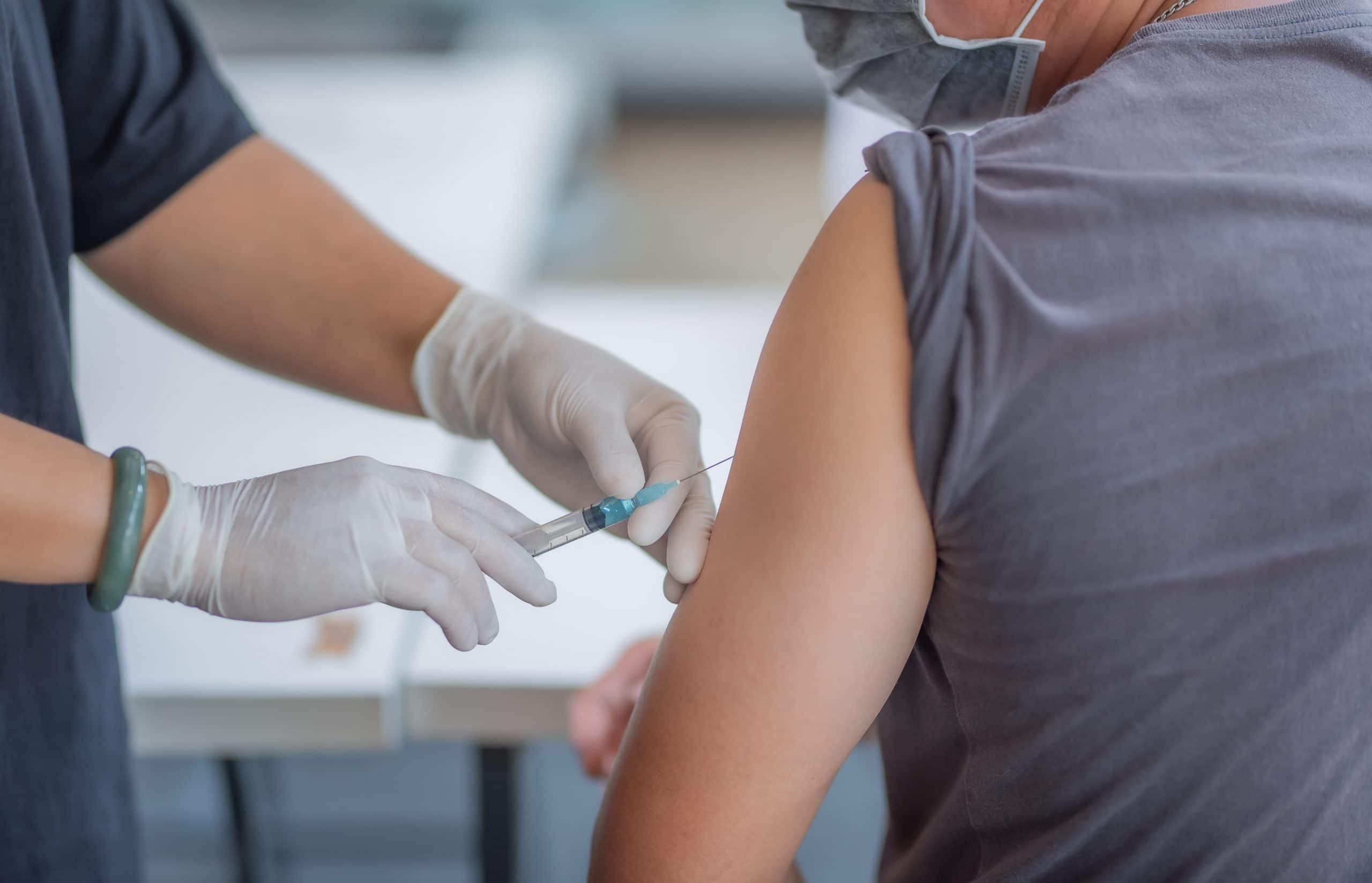Understanding Ethics—& Its Complications—in EMS
 Doing what is right for patients is not always a straightforward concept. Between terminal patients with suicidal ideations, injured domestic abusers, or those who lack the capacity for self-determination, EMS personnel are constantly functioning within a grey area—a murky world full of self-doubt and the fear of potential liability. These unresolved ethical challenges result in long-lasting effects on the provider’s emotional well-being. Unfortunately, medicine requires decisive thinking, and clinicians are simply not able to make decisions based on whether or not they are going to be fired, sued, or both. A competent clinician must be able to provide treatments that are needed while fulfilling both legal and ethical expectations.
Doing what is right for patients is not always a straightforward concept. Between terminal patients with suicidal ideations, injured domestic abusers, or those who lack the capacity for self-determination, EMS personnel are constantly functioning within a grey area—a murky world full of self-doubt and the fear of potential liability. These unresolved ethical challenges result in long-lasting effects on the provider’s emotional well-being. Unfortunately, medicine requires decisive thinking, and clinicians are simply not able to make decisions based on whether or not they are going to be fired, sued, or both. A competent clinician must be able to provide treatments that are needed while fulfilling both legal and ethical expectations.
To frame this article, I am going to use a real-life example from my career. Of course, I have changed certain aspects of the case to maintain the anonymity of the patient and protect those involved.
Several years ago, I responded to a call for “unknown trauma.” Upon arrival, we found a yard completely filled with SWAT team members. As we were being directed around to the back of the house, the officer in charge briefed us on the situation. Earlier in the evening, the suspect had gotten into a domestic dispute with his wife that resulted in a call for law enforcement to intervene. The suspect fled the scene with a high-powered rifle, eventually shooting several officers. Thankfully, they were not critically injured.
As the police combed through the woods nearby searching for the suspect, several of them walked into the backyard of a neighboring home. Suddenly, the suspect, who was hiding under a back deck, began shooting at the officers. One of the detectives, who was also a member of the SWAT team, was shot in the face. His fellow officers returned fire, hitting the suspect several times, but not mortally wounding him. The team evacuated the officer to an ambulance, and he was rushed to the hospital. We were brought in to treat the shooter. He presented with a severe wound to the lower leg that was bleeding profusely, with several other minor gunshot wounds. Seeing that the airway was intact, my central concentration was to control the major bleeding. It was very dark where we were and so cold that I couldn’t feel my hands. I made the decision to apply direct pressure to the wound and move the patient to the ambulance for further assessment. While my EMT partner held a multi-trauma dressing tight over the wound, the officers and I picked up the patient and moved him to the stretcher.
As we were quickly moving the patient to the ambulance, I asked one of the officers exactly who had been shot. Working in the same county for most of my career, I imagined there was a decent chance that I would be familiar with them. Turns out I knew the detective personally. We were not close friends, but we shared a passing acquaintance, nodding to each other on calls and passing civil conversation at the ER. But at that time, I felt as though I had been punched in the gut. I didn’t just know the officer. I knew his friends. I knew his family. Now I found myself charged with caring for his murderer.
Needless to say, I immediately experienced a flurry of emotions. I won’t go into detail here, as I am not proud of my initial thoughts, but in the months of therapy that followed, I discovered a very real and humbling truth: When it comes to matters of ethics and justice, human reaction is no different in healthcare as it is in any other facet of existence. We all question our decisions in relation to the care we provide and the circumstances in which we provide it. To ensure that we stay within what society has deemed ethical behavior, it is essential to keep in mind the following:
What ethics are.
Ethics are based on accepted standards of right and wrong that prescribe what humans ought to do, usually in terms of rights, obligations, benefits to society, fairness, or specific virtues. Medical ethics is a branch of ethics that analyzes the practice of clinical medicine and is based on a set of values that professionals can refer to in the case of any confusion or conflict. These values include respect for autonomy, non-maleficence, beneficence, and justice. These values allow clinicians to create treatment plans and work toward the same common goals. It is important to note that these four values are not ranked in order of importance or relevance and that they all encompass values pertaining to medical ethics. Conflict may arise leading to the need for hierarchy in ethical systems in that some moral elements overrule others with the purpose of applying the best moral judgment to a difficult medical situation.
The four values associated with medical ethics include:
- Autonomy—Competent persons have the right to make their decisions free from interference; a right to say what’s done to them and this extends to their health information.
- Non-maleficence—Primum non nocere (do no harm). Understand that a failure to act also counts if it causes harm. Remember that good should be defined by the patient, not the clinician.
- Beneficence—Show kindness, charity, and mercy. Medical professionals have a moral responsibility to help and do good.
- Justice—Patients have a right to be treated fairly despite their age, gender, race, and social status.
What ethics aren’t.
Many of us try to equate ethics with how we feel. However, being ethical is not a matter of following one’s feelings as a person doing so may actually refrain from doing what is right as feelings frequently deviate from what is ethical. Ethics should not be identified with religion, even though the argument can be made that religions advocate high ethical standards. If ethics were simply regulated to religion, then ethics would apply only to religious people. We know this isn’t so as ethical standards apply equally to the atheist as they do to the priest. Being ethical is also not the same as following the law. While the law generally incorporates ethical standards to which most citizens subscribe, laws, like feelings, can deviate from these standards. Our own Jim Crow laws or the now overturned apartheid laws of present-day South Africa are examples of laws that deviate from what is ethical. Lastly, this leads us to the understanding that being ethical is not the same as doing whatever society deems as acceptable. In any society, most people accept standards that are, in fact, ethical. But standards of behavior in society can deviate from what is ethical, with the entire society becoming corrupt. While I always hesitate to utilize the well-known Godwin law, Nazi Germany is a great example of a morally corrupt society.
Healthcare organizations will always put forth guidance on how providers should approach making ethical decisions when dealing with patients. However, in the end, our ability to judge what is and what is not ethical is based on our own subjective experiences. Prehospital settings are much more challenging to providers than the controlled environments of the clinic or hospital. All patients and situations present unique challenges, and the ethical implications are unique to each patient we encounter. There are no quick solutions to determine the right course of action or proper emotional response. To that end, it is important that clinicians are trained to recognize ethical conflicts and then act accordingly to provide appropriate care.
 Andrew R. Ross—MHA, NRP—has worked in the EMS industry as a paramedic for 19 years. He is a lead educator at Careercert and has over a decade of experience in EMS education and management. Andrew currently works full-time as the lead faculty instructor in his local community college’s EMS program. As an education advocate, Andrew recently earned his master’s in healthcare administration from the University of Scranton. He is married and has 2 daughters.
Andrew R. Ross—MHA, NRP—has worked in the EMS industry as a paramedic for 19 years. He is a lead educator at Careercert and has over a decade of experience in EMS education and management. Andrew currently works full-time as the lead faculty instructor in his local community college’s EMS program. As an education advocate, Andrew recently earned his master’s in healthcare administration from the University of Scranton. He is married and has 2 daughters.



